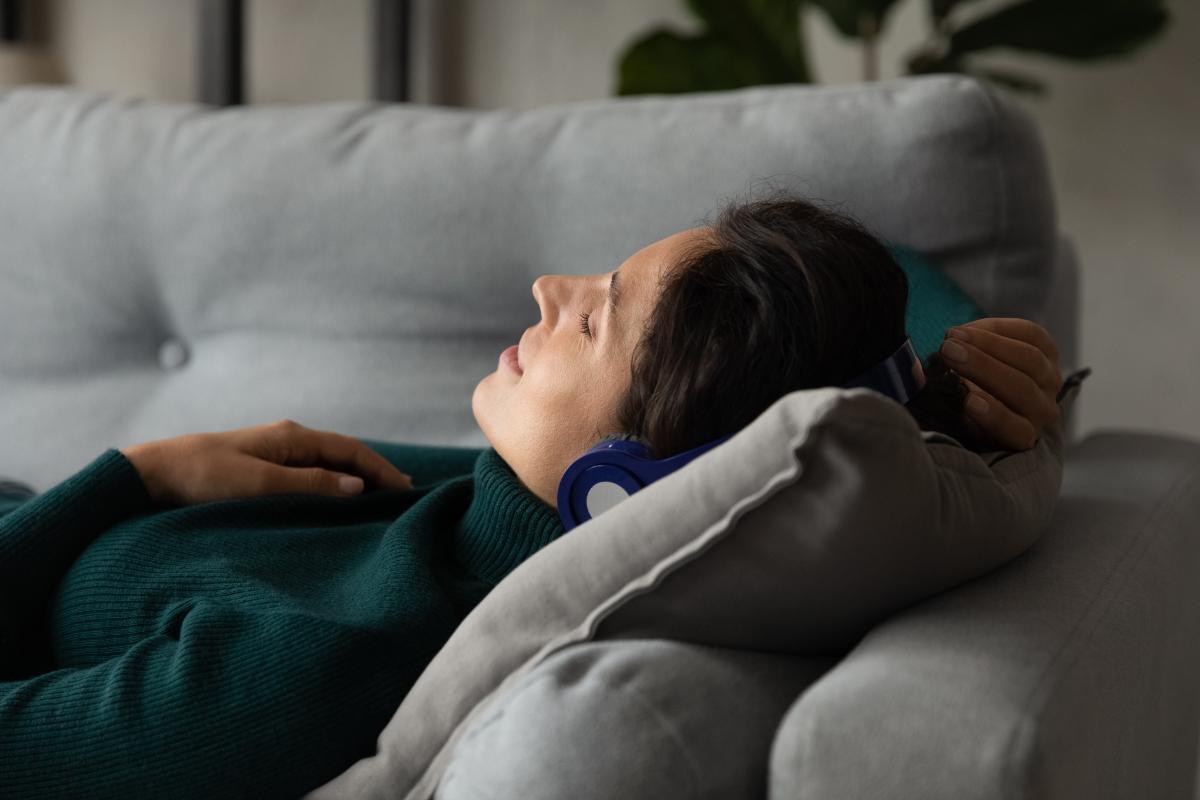Music is a powerful tool for healing. Music therapy is an evidence-based treatment proven effective for treating various physical, developmental, and mental health disorders, such as high blood pressure, cardiac disease, autism, Alzheimer’s, depression, and substance use disorders. Music therapy helps reduce stress, improve memory, increase coping skills, and boost self-esteem. Contrary to what you might think, you do not have to possess musical ability to benefit from music therapy. Just listening to music has therapeutic value.
Harmony Hills is a mental health treatment center providing comprehensive, holistic, individualized treatment for a wide range of mental health and co-occurring disorders. Most of our clients participate in our residential treatment program, stepping down to our intensive outpatient program (IOP), followed by general outpatient services and alumni support. Contact us at 855.494.0357 to learn more about our approach to treatment, including experiential therapies like music therapy.
What Are the Benefits of Music Therapy to Mental Health?
Music therapy involves the clinical use of music to assist clients in accomplishing therapeutic goals. Many people in treatment struggle to verbally express their thoughts and feelings surrounding painful or traumatic life events. Music can help people connect with complex feelings and improve self-expression.
Music therapy can foster spiritual, cognitive, emotional, social, physical, and psychological healing and growth. Some of the many benefits of music therapy for mental health include:
- Enhanced social and communication skills by sharing music with others
- Reducing stress and tension
- Increasing happiness
- Self-reflection through observing your thoughts and feelings
- Self-regulation through identifying thoughts and feelings
- Processing grief and trauma
- Reducing anxiety
- Fostering engagement in the therapeutic process
Music therapy is non-invasive and can be used in various settings with people of all ages, backgrounds, cultures, and beliefs. Different types of music can evoke different impacts, but overall, clients can experience and process a wide range of emotions in a brief time.
What Are the Ways Music Can Be Used Therapeutically?
The different aspects of music, such as rhythm, tempo, melody, and pitch, are all processed in different parts of the brain. Thus, the way music impacts the brain is highly complex. Before beginning music therapy, your therapist will take time to get to know your musical likes and dislikes, identify your strengths and challenges, discuss your trauma history and triggers, and identify clear goals for sessions.
In addition to listening to music to evoke different feelings, music therapy can involve:
- Composing music
- Writing lyrics
- Singing
- Dancing or moving to music
- Interpreting lyrics
- Playing instruments
- Breathing exercises and music meditation
Music therapy can be used in individual therapy sessions and is frequently used in group therapy. The social nature of music encourages connections with other group members and provides opportunities to practice social skills, communication skills, and relationship skills.
Contact Harmony Hills for Mental Health and Music Therapy
Music has been used as a means of expression and communication for thousands of years. Its power to entertain and form connections is universal. Used therapeutically, music provides a wide range of benefits, including improved coping skills, emotional regulation, and the processing of grief and trauma. Practicing coping skills in music therapy enables them to be utilized effectively in everyday life.
At Harmony Hills, we believe effective therapy can be enjoyable. We offer many holistic and experiential therapies to supplement our evidence-based treatment programs for mental health and dual diagnosis. Along with our music therapy program, we offer the following:
- Art therapy program
- Family therapy
- Yoga and meditation
- Wellness and fitness programs
- Team-building outings
- Nutritional counseling
- Life skills training
Our serene 80-acre rural campus provides the best that nature offers and boasts numerous resort-style amenities to enhance your therapeutic experience. Clients enjoy hiking trails, basketball and volleyball courts, and a full gym. Contact our team today to learn more about the benefits of residential mental health treatment and treatment modalities, including music therapy.







